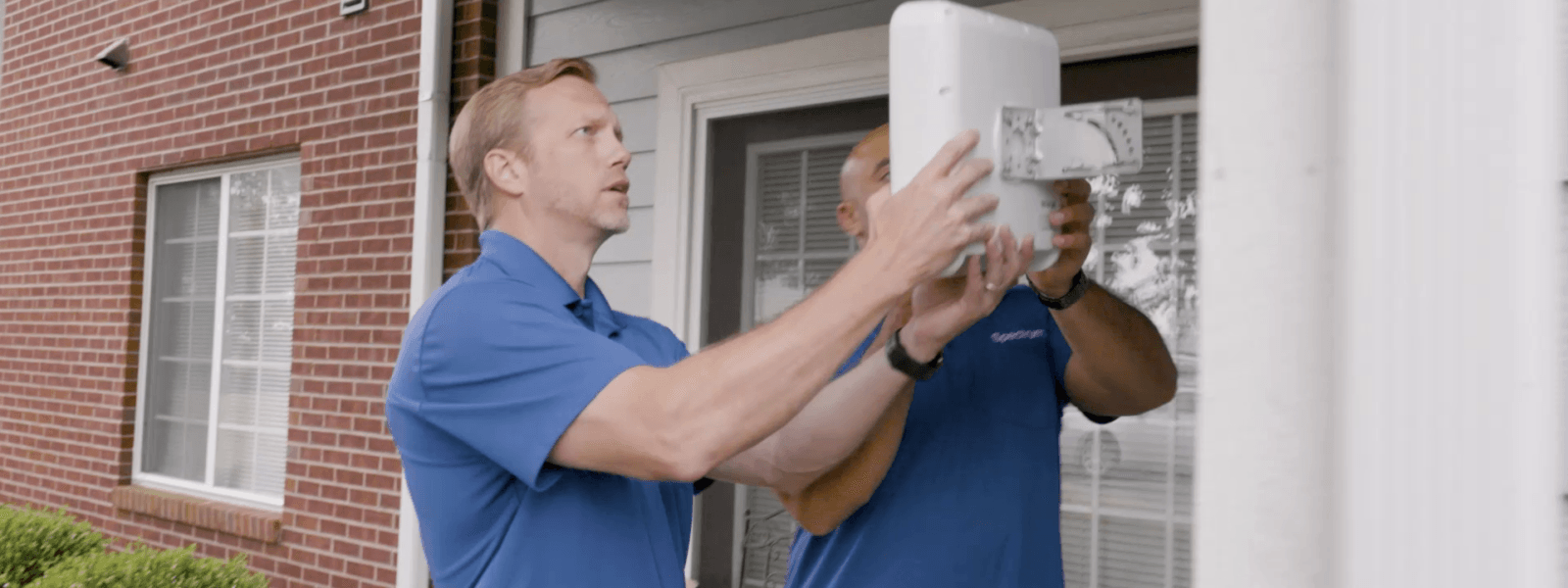Spectrum Policy
The Tremendous Potential of Citizens Broadband Radio Service (CBRS) Spectrum
September 14, 2018
Share Article:
At Charter, we’re committed to improving the lives of our customers by exploring and investing in new technologies that can provide faster and more ubiquitous broadband to more people. We are very interested in using innovative wireless access technologies using the Citizens Broadband Radio Service (CBRS) spectrum for both fixed and mobile broadband.
The FCC is currently working to finalize rules for licensed commercial use of the CBRS band and completing equipment certifications and other technical requirements necessary for unlicensed use – General Authorized Access (“GAA”). We have encouraged the FCC to make the unlicensed part of the band available quickly and to adopt licensing rules that preserve an innovative approach to spectrum sharing in the CBRS band.
In the meantime, Charter has been conducting mobility and fixed wireless tests using small cells in several cities across the country to verify potential use cases of this technology. Our CBRS initiatives broadly fall into two categories; Rural and Urban/Suburban. In terms of rural initiatives, we have conducted trials of fixed wireless outside of Denver, Co, Tampa, FL, Bakersfield, CA, Coldwater, MI and Lexington, KY. Results of these trials have been promising as we were seeing speeds that significantly exceed the FCC’s definition of high speed broadband in most circumstances which would allow for video streaming and the use of multiple apps simultaneously. We believe fixed wireless access technologies using this mid-band spectrum could offer a cost-effective solution for providing broadband service to homes and businesses in harder to reach rural areas. Looking ahead we intend to start a service trial in counties in North Carolina and New York in which we would aim to provide high speed broadband to unserved or underserved homes.
We are also furthering our exploration of urban/suburban use cases of 3.5 GHz. We have already done extensive testing in Tampa, FL and Charlotte, NC, and in the coming months Charter will be expanding mobility testing to New York City and Los Angeles, with over 250 planned sites. The primary objectives are to stress test the technology in a dense urban environment, test interaction of indoor & outdoor signal hand-offs, and test the performance of the small cell equipment in high traffic urban environments.
With all of our testing, we are collecting data about the capabilities and limitations of using the 3.5 GHz spectrum as a broadband solution so that we are able to hit the ground running once unlicensed use is permitted. We believe this spectrum has tremendous potential in rural, urban and suburban areas and we look forward to the FCC finalizing the rules necessary for deployment on an unlicensed basis as quickly as possible. We also have encouraged the FCC to adopt licensing rules that will encourage efficient use of that spectrum and lower barriers of entry for new entrants. With these policies in place we are confident CBRS will further innovation and deployment of broadband to more Americans.
Learn more about our fixed wireless testing using the 3.5 GHz spectrum.
